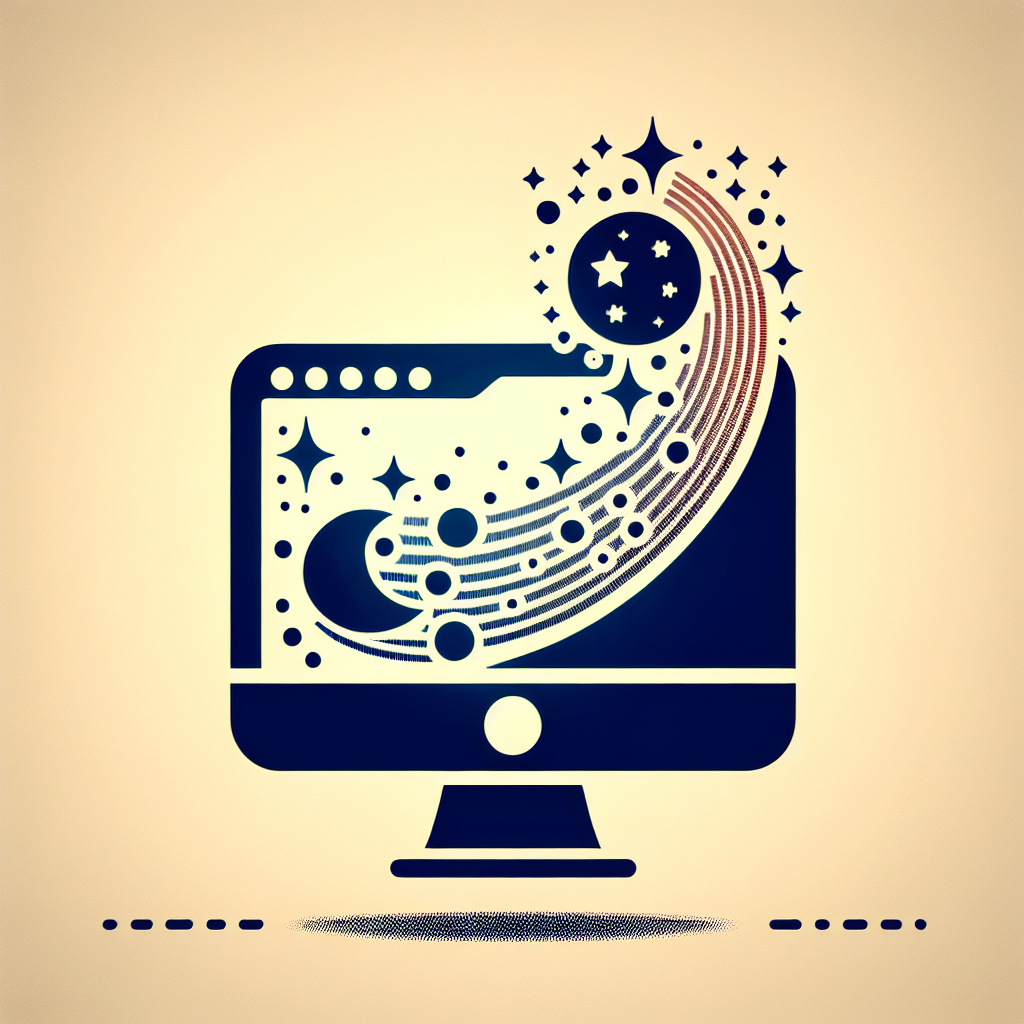In today’s digital age, many musicians seek tools to enhance their sound and distribute their music. One such tool is Landr, an online platform that offers mastering services and music distribution. However, rumors persist about whether Landr steals music from artists. This article aims to unpack these myths and provide clarity on the subject.
Understanding Landr’s Services
Landr is primarily known for its automated mastering services, which use artificial intelligence to analyze and improve audio tracks. This technology allows musicians to produce high-quality sound without the need for expensive studio time. In addition to mastering, Landr offers music distribution services, helping artists get their music onto popular streaming platforms like Spotify and Apple Music.
Many musicians appreciate the convenience of Landr, as it provides a user-friendly interface and quick turnaround times. However, with the rise of digital platforms, concerns about copyright and ownership have become prominent. This is where rumors about Landr stealing music begin to surface.
Copyright Ownership Explained
Copyright ownership is a critical concept for musicians. When an artist creates a piece of music, they automatically hold the copyright to that work. This means they have the exclusive right to use, distribute, and sell their music. In the case of Landr, when an artist uploads their track for mastering or distribution, they still retain ownership of their music.
Landr operates under a model that respects artists’ rights. They provide services that enhance the music but do not claim ownership over the tracks. It’s crucial for musicians to read the terms of service of any platform they use to ensure their rights are protected. With Landr, transparency is a key part of their operations, allowing artists to feel secure about their music’s ownership.
Do They Use Your Music for Their Gain?
One of the main fears artists have is that platforms like Landr will use their music for commercial gain. However, Landr does not use individual tracks uploaded by artists for its own purposes. The company’s policy is to focus on providing services to musicians without exploiting their work.
When an artist uses Landr, they are paying for a service, which means they maintain control over their music. Landr does not retain rights to the music after mastering or distribution. This is an essential point for artists to understand, as it helps to alleviate concerns about losing control over their creative output.
The Role of Licensing Agreements
Licensing agreements are common in the music industry, and understanding them can help clarify fears about music ownership. When artists distribute their music through Landr, they enter into a licensing agreement that allows the platform to distribute their music on their behalf. However, this does not equate to Landr owning the music.
These agreements are designed to ensure that artists receive the royalties they deserve while allowing distribution platforms to facilitate the process. By entering into a licensing agreement, musicians can confidently share their work, knowing they still hold the rights to their music.
Common Myths About Landr and Music Theft
There are several myths surrounding Landr and its potential to steal music from artists. One common misconception is that the platform retains the rights to the music uploaded for mastering. As discussed earlier, this is not the case. Artists maintain their rights, and Landr simply acts as a service provider.
Another myth is that Landr could potentially use an artist’s music to create their own products or services. However, there is no evidence supporting this claim, and Landr’s policies are structured to protect artists’ rights. Understanding the facts can help artists make informed decisions about using Landr’s services without fear of losing their music.
Transparency and Artist Trust
Transparency is crucial for building trust between musicians and service providers like Landr. The company has made efforts to clarify its policies and how it handles music uploaded by artists. By providing clear terms of service and licensing agreements, Landr allows artists to understand what happens to their music when they use the platform.
Artists should always do their research before using any service. Reading reviews, understanding the terms, and asking questions can help musicians feel more secure. Landr has garnered a reputation for being transparent, which is vital for maintaining trust in the music community.
Alternatives to Landr
While Landr is a popular choice for many musicians, it’s essential to consider alternatives. Other platforms offer similar services, such as mastering and distribution, but with different terms regarding copyright and ownership. Some artists may prefer more traditional methods, such as working with a sound engineer or a record label, to retain complete control over their music.
Exploring various options can help musicians find the best fit for their needs. It’s essential to weigh the pros and cons of each service and understand how they handle music ownership. This can lead to more informed choices about how to distribute and promote their music effectively.
The Importance of Music Education
For artists, understanding the ins and outs of the music industry is crucial. This includes knowledge of copyright laws, licensing agreements, and how digital platforms operate. By educating themselves, musicians can make better decisions regarding their music and avoid potential pitfalls.
Numerous resources are available for musicians looking to learn more about the industry. Online courses, workshops, and books can provide valuable insights. Additionally, connecting with other artists and industry professionals can help build a support network that fosters growth and knowledge.
Conclusion
The question of whether Landr steals your music is rooted in myths and misunderstandings. In reality, Landr operates as a service provider that respects artists’ rights and does not claim ownership over the music uploaded for mastering or distribution. By understanding how Landr works, musicians can feel more secure in using its services without fear of losing control over their creative output.
Ultimately, it’s vital for artists to educate themselves about copyright and licensing, explore various options, and maintain transparency in their relationships with service providers. In doing so, they can navigate the music industry with confidence, knowing their rights are protected.
FAQs
1. Can I use Landr for free?
Landr offers free trials, but most of its services, including mastering and distribution, come at a cost. Artists can choose different pricing plans based on their needs.
2. What happens if I stop using Landr?
If you stop using Landr, you still retain all rights to your music. However, you may lose access to any services they provide, such as ongoing distribution or mastering support.
3. Can I use Landr for all genres of music?
Yes, Landr caters to a wide variety of genres. Their AI mastering technology is designed to work with different styles, making it a versatile option for many artists.
4. How does Landr’s mastering process work?
Landr uses artificial intelligence to analyze your track and apply mastering techniques based on its understanding of audio dynamics. This process aims to enhance the overall sound quality of the music.
5. Can I modify my music after using Landr?
Yes, you can modify your music after using Landr’s services. The platform does not impose restrictions on further changes or edits to your music once it is mastered or distributed.

